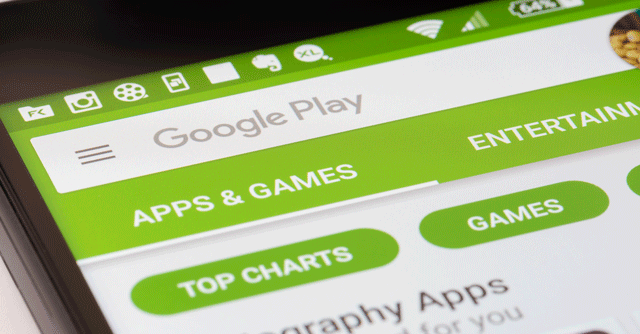
Developers can use third party payments on Google Play Store in EU, but will still have to pay a fee


On Tuesday, July 19, Google said that it will allow Android app developers in the European Economic Area (EEA) to use third party payment services for mobile apps published on the Google Play Store. The move comes after the company was compelled to allow third party payment service access to developers in South Korea to comply with a local law in November last year, and started a global pilot program that allowed Swedish music streaming service, Spotify, to experiment with third party payment services on the Play Store.
Google's move in the EEA, which includes the European Union (EU), Liechtenstein, Iceland and Norway, comes after the European Commission (EC) established its Digital Markets Act (DMA) and the Digital Services Act (DSA). While the DMA sought to establish fair and competitive market conditions against monopolistic acquisitions and dominance of Big Tech (which includes Google), the DSA seeks to regulate digital advertising parameters used by Big Tech to earn revenues.
While the DSA is set to come into effect later this year in European Parliament's winter session, the DMA was given the final approval by EC earlier this week, on July 18.

The third party payment trial in the EU will allow app developers (minus those making and publishing games on the Play Store) to use an external payment instrument – and not Google's own – to collect in-app purchases made by users. However, using an external payment platform would not relieve developers entirely from paying fees to Google.
In a blog post, the company explained that even if a developer uses a third party payment instrument, they would still be required to pay a 'service fee' to Google. In case of using third party instruments, Google will lower the developer fees it charges by 3%. At present, Google charges either 15% or 30% to developers based on the revenue they earn from the Play Store. If they choose a different payment instrument, these fees would be lowered to either 12% or 27%.
Google has defended its decision by stating that even if developers do not use the company's own payment instruments, the remaining fee is imperative for the company to keep Play Store secure and add new innovations to it. Over time, it has argued that 99% of all developers publishing apps on the Play Store do not pay any fees to Google.

As a result, developers in the EU are unlikely to save on costs incurred in publishing apps on the Play Store, since third party payment providers would levy their own service fee – atop Google's platform service charges for allowing developers access to the Play Store.
